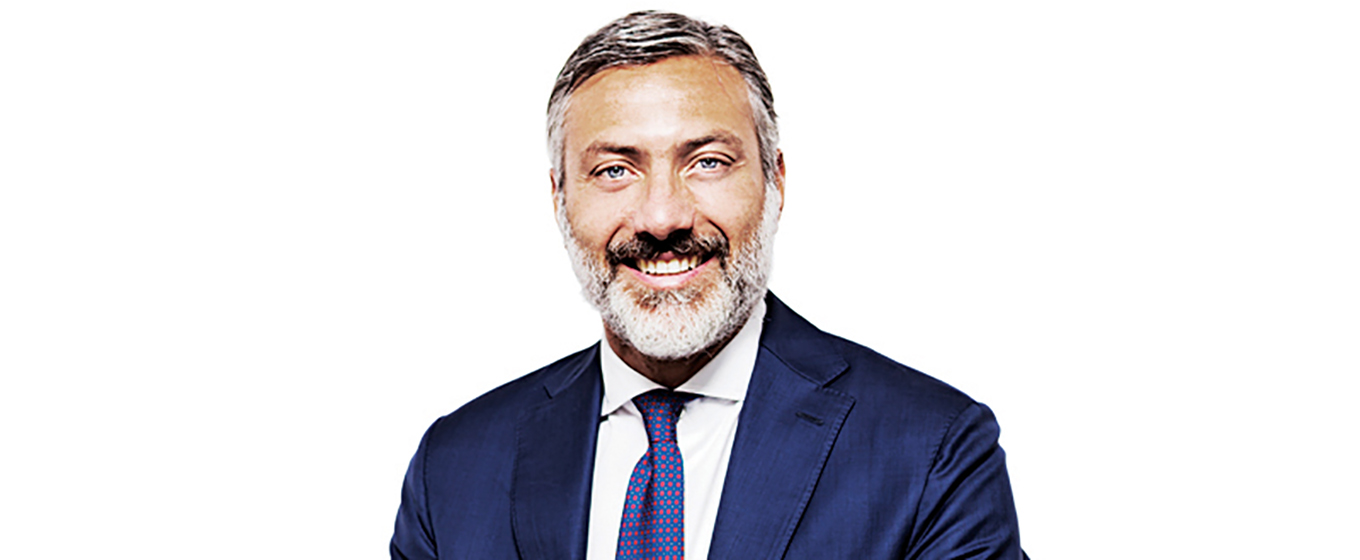Fostering our international vision From strategy to action

It was over ten years ago that the University launched its first-degree programme taught entirely in English. This marked an important step in the ongoing and increasingly important process of internationalisation, which courses delivered in English are a part of. They may be highly visible and symbolic of the process, but they are not the whole story. Later on, with the launch of the strategic plan in 2015, the move towards being a university ever more open to the world and to various international stakeholders was further reinforced. Alongside the expansion of the English-taught course offered by the individual faculties, work was done to significantly increase the opportunities for international experiences for students and academic staff. It is in this context that in recent years almost all the Università Cattolica faculties have developed programmes aimed at a public which is not just national and "Italian-speaking": these include the Faculty of Economics, the Faculty of Banking, Finance and Insurance Sciences, and the Faculty of Agricultural, Food and Environmental Sciences, all of which immediately took up the challenge as a priority, as well as the Faculty of Medicine with its Medicine & Surgery programme at our Rome campus which assigns more than half of the places available to students from outside the European Union. Despite the promotional, organisational and logistical challenges that this programme posed, it has been met with a very positive response from the students. To complete the panorama, other faculties also joined the move to English-taught courses: the faculties of Political and Social Sciences, Psychology, Mathematical, Physical and Natural Sciences, Linguistic Sciences and Foreign Literatures, Economics and Law.
To summarise, we could say that the strategic plan has provided the impetus to accelerate the process of internationalisation at the University, with proactive, engaged and decisive contributions being made by the faculties in order to implement it. Without the tireless work of the faculties, it would have been impossible to achieve our goals. In the immediate future, I believe that the greatest challenge for the University will be to strengthen the academic offering and make it accessible to students from all continents, and to focus on developing our campuses and services from an international standpoint.
In ten years, Università Cattolica has gone from offering one to 42 courses delivered in English and is host to students from over 150 different nationalities. What motivates the University to make its academic offering increasingly international and what is behind this decision?
Looking at the first hundred years of the University, which we celebrate this year, we cannot forget its specific vocation - that of being Catholic, which by its very nature makes it universal. The University’s founder, Father Agostino Gemelli, a monk and scientist who studied under the Nobel Prize winner Camillo Golgi, interpreted this vocation to move toward a clear international perspective right from the beginning. Not surprisingly, he himself was among the promoters and one of the most active founders of the federation of Catholic universities in the world. Since the 1920s, the mission of Università Cattolica del Sacro Cuore, which started life as an authentic "national" university, has also taken shape beyond Italian borders. Reaching beyond borders has given rise over time to a positioning and a close network of initiatives that have led to increasing the appeal of the University, which today has a student population comprising over 150 nationalities. As I mentioned earlier, I am convinced that attention will have to be focused on strengthening campuses and services to ensure that non-Italian students are properly welcomed and supported. This is concrete testimony to the central importance given to the person as well as international vocation.
What are the positive aspects of internationalisation at home and what is the future that awaits us considering the unprecedented historical period we are experiencing?
I believe that it is essential, and a priority, to give our students the opportunity to live on a truly international campus, which having students from all over the world can contribute to. Competition in the labour market has definitely become keener in the last twenty years, and what we are experiencing now, and what we have seen even more so over the last year, is a massive increase in the use of new digital technologies which has led to a significant reduction in distances. This puts our students in an extended, global competitive context. Given this fact, the need to train our students to be able to operate in a multi-cultural and multi-ethnic context appears obvious, regardless of whether they decide to spend a period of study abroad. Internationalisation at home thus plays an important role in the development of the soft skills that students need in order to compete effectively in an increasingly global professional arena. In addition to the hard skills obtained through learning by doing, today’s students and those of the future must be trained in transversal skills such as the ability to interact effectively with a work team or to practice problem solving, being creative and innovative in doing so. The past year has imposed on all of us the challenge of making the most out of the disruptive experience of the pandemic and the transformations engendered by the use of digital platforms will undoubtedly play an important role both in redefining student services and revisiting methods of learning and assessing skills. To do this without being unrealistic, as is our ambition, we cannot but continue to see internationalisation as a strategic objective, both as far as developing the educational offer is concerned and with regard to continuing to act towards reinforcing the internationality of our campuses in line with the mission outlined by our founder.

